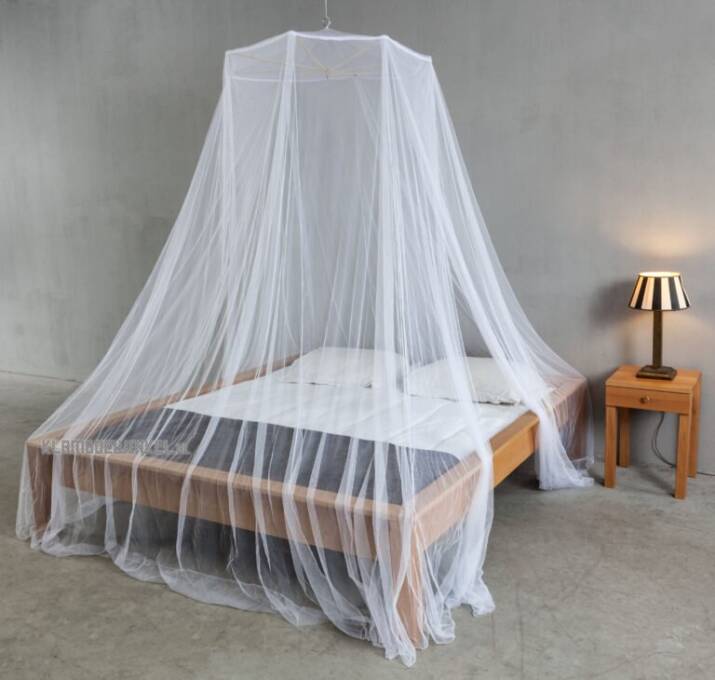The Ondo State Government, in partnership with the Federal Government, has announced plans to share 3.6 million Insecticide-Treated Nets (ITNs) across the state as part of ongoing efforts to reduce malaria infections.
The initiative is being carried out with the support of the National Malaria Elimination Programme and the Malaria Consortium.
Speaking at a media orientation in Akure on Thursday, the state Commissioner for Health, Dr. Banji Ajaka, stressed the importance of the campaign and called on media organisations to step up their advocacy against malaria.
He said, “In order to reduce the burden of malaria in the state, the State’s Ministry of Health Malaria Elimination Programme, in collaboration with the National Malaria Elimination Programme, Malaria Consortium, is to distribute over 3.6 million INTs to every household.
“Sleeping inside an ITN is one of the best ways to prevent malaria, as studies show that the use of ITNs reduces malaria incidence by 50 per cent in sub-Saharan Africa, in a region which accounts for more than 90 per cent of global cases.
“Distribution of the free nets will commence from Sept. 8 to Sept. 17. Persons wearing uniforms with the malaria logo will visit the households to register and distribute free nets to each household.
“Once collected, air the new nets for 24 hours in the shade before hanging. Once hung, beneficiaries should sleep inside with the nets well tucked over the sleeping area every night.”
ALSO READ
Ajaka also raised concerns about the growing problem of fake drugs in the state.
He revealed that the government had acquired scanning devices to detect counterfeit medicines in pharmacies and patent medicine stores, adding that some anti-malaria drugs were now ineffective because they were fake.
The Malaria Programme Officer in the state Ministry of Health, Dr. Waheed Afolayan, highlighted that malaria remained one of the country’s biggest public health threats. He noted that Nigeria alone accounted for 25 per cent of global malaria cases and 30 per cent of global malaria deaths.
“Records also show that about 60 percent of patients in health facilities are being treated for malaria and 30 per cent of deaths of children under five is due to malaria and 10 percent of pregnant women die as a result of malaria complications annually,” he said.
Nigeria continues to carry the highest malaria burden in the world. According to the World Health Organisation, the country recorded about 66.7 million cases and 189,000 deaths in 2022, representing 27 per cent of global cases and 31 per cent of global deaths.
Public health experts have warned that climate change, resistance to insecticides, and reduced funding could trigger a resurgence of the disease, underscoring the importance of sustained preventive measures like the ITN distribution exercise.
